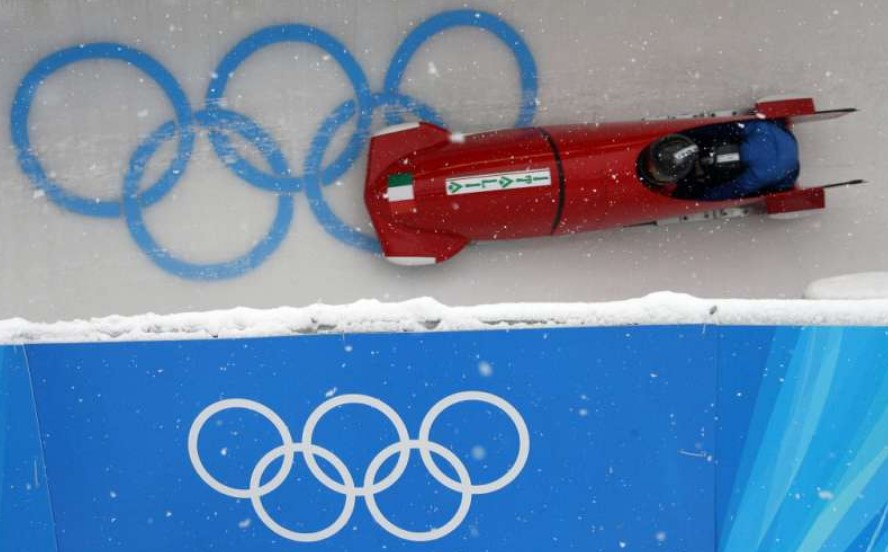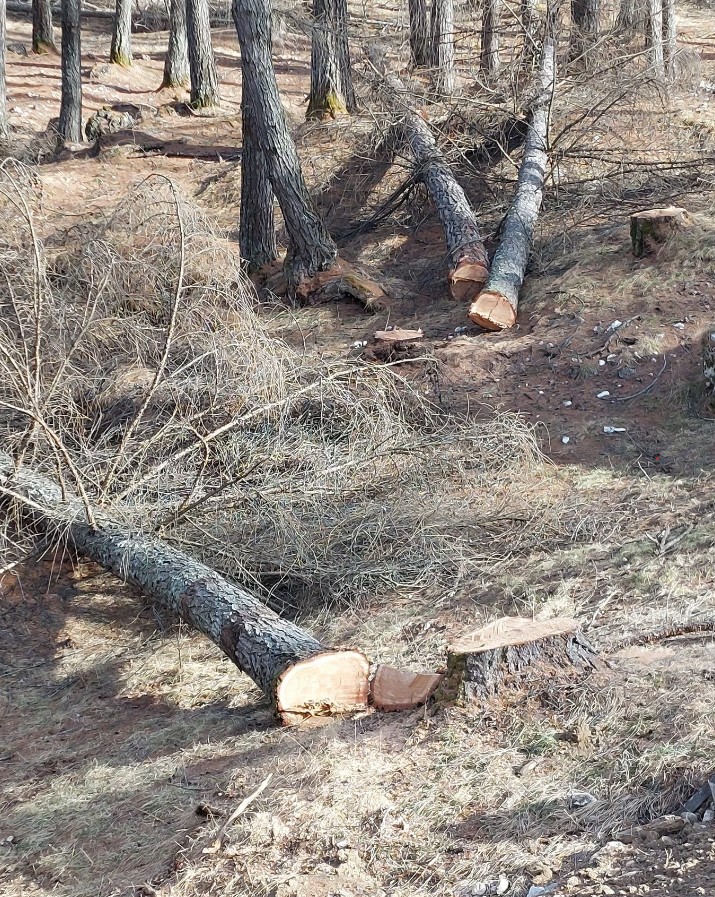Milano Cortina 2026. The most (un)sustainable Olympic Games ever

Milano Cortina 2026, the most sustainable Olympics ever, with net zero-cost to Italy’s taxpayers! Guess what, the bill has already risen to at least 3.6 billion euro, with almost 3.0 billion euro coming from the state coffers, i.e. ultimately from taxpayers. Expected cost exceeds 5 billion euro. So far, the Games have had a dreadful impact on the environment and biodiversity. And they will have a dramatic carbon footprint.
The latest chapter in the saga is the bobsleigh, luge and skeleton track. Last week, 500 old larches were cut to build the new bobsleigh, luge and skeleton track in Cortina for the 2026 Winter Olympics. The old trees will make way for a reinforced concrete infrastructure costing over 120 million euro, positioned in the middle of the Cortina d’Ampezzo basin, at the heart of the Dolomites. Yearly maintenance cost for the track, for a few dozens of athletes: 1.5 million euro.

Despite the International Olympic Committee’s opposition – aimed to avoid construction costs as well as potential white elephant venues (as in Cesana, where the bobsleigh, luge and skeleton track of the 2006 Turin Olympics lies abandoned) – to a new project on such a tight schedule, the Italian government has signed the contract for the construction of the new track.
Disagreement continued between the Italian government and the IOC, not only because of the environmental impact (no EIA – environmental impact assessment – will be carried out) and unnecessary expenditure, but also because of the delivery deadline of March 2025. This deadline must be met to allow validation and approval of the track. The problem is that no track has ever been built on such a tight schedule. The IOC reiterated its opposition and called for the preparation of a Plan B in case of delays in construction works. Such concerns are shared by the luge, bobsleigh and skeleton federations.
So, ultimately, we will have a 120 million worth of bobsleigh, luge and skeleton track that may either prove useless well before the Winter Olympics, or certainly become so after 2026.